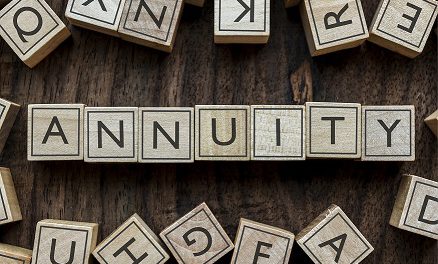
Building a Good Credit History
Having a good credit history is important because it can make credit approval easier, potentially lower interest rates on any loans taken out, lead to higher credit limits and better loan terms, and avoid the security deposits that may be required of individuals with a less positive or shorter credit history.
To view the full article please register below:
Building a Good Credit History
Having a good credit history is important because it can make credit approval easier, potentially lower interest rates on any loans taken out, lead to higher credit limits and better loan terms, and avoid the security deposits that may be required of individuals with a less positive or shorter credit history.
Before discussing ways individuals can build a good credit profile, it’s worth examining the components that make up a person’s credit score. With varying weights, a credit score evaluates:
- Payment history—This includes whether payments are made on time and the amount of payment made relative to the outstanding balance.
- Credit utilization—This measures how much available credit is currently taken out. The lower the utilization, the better the score.
- Length of credit history—The longer, the better. That’s why keeping an old credit card is important, even if it’s not being used.
- Credit mix—The more varied it is (e.g., credit cards and installment accounts, like car loans), the higher the score.
Ten Ways to Improve Your Credit History
There are many ways to build and improve on your credit history.
- Borrow only what you can afford so you don’t fall behind in making payments.
- Make your payments on time, and preferably in full. If you must carry a balance, then make more than the minimum payment.
- Use only a small percentage of the credit made available to you. It may be smarter to get several credit cards and spread around the charges rather than charge all your spending to one card.
- Make payments on your outstanding student loans.
- Pay your bills (e.g., rent, utilities) on time since they may report payment experience to credit rating agencies.
- If you’re just getting started in building your credit history, apply for a credit card—even if it’s a secured credit card—so you can begin creating a record of payments. Consider a gasoline or retail store card, as each may have looser qualifying criteria. Ask a parent or adult family member to become an authorized user on their credit account … but pick someone with a good credit rating!
- Do not open a second credit card account until you’ve established some history on your first credit card. Applying for new credit lowers a credit score, so limit new applications.
- Take out a credit builder loan, which is simply a loan used for purposes of paying back to establish some credit history.
- Maintain employment and your primary residence for two or more years.
- Check your credit report annually for free at https://www.annualcreditreport.com/index.action.
Please reference disclosures at: https://blog.americanportfolios.com/disclosures/












